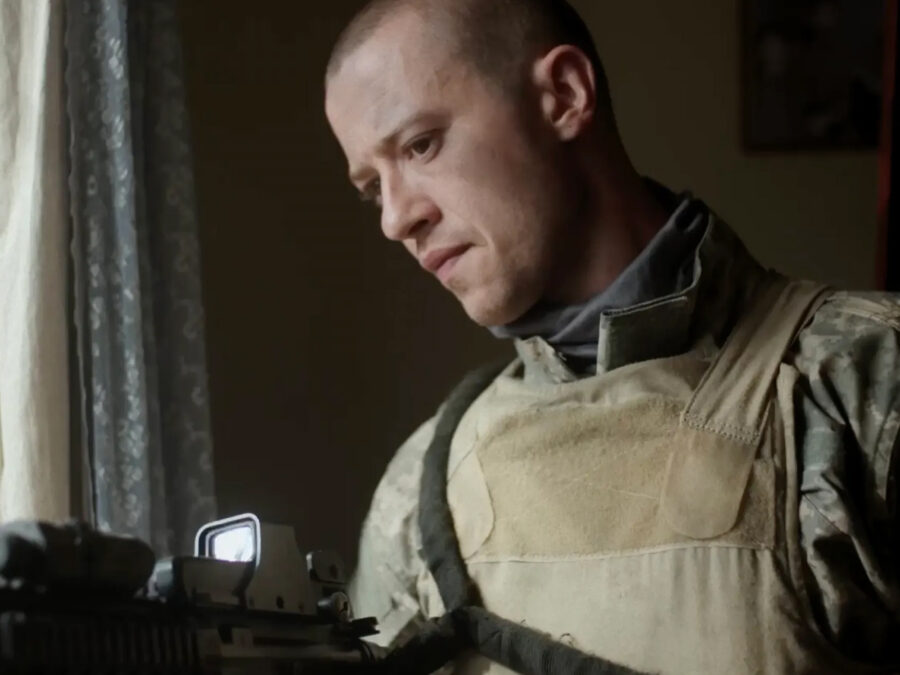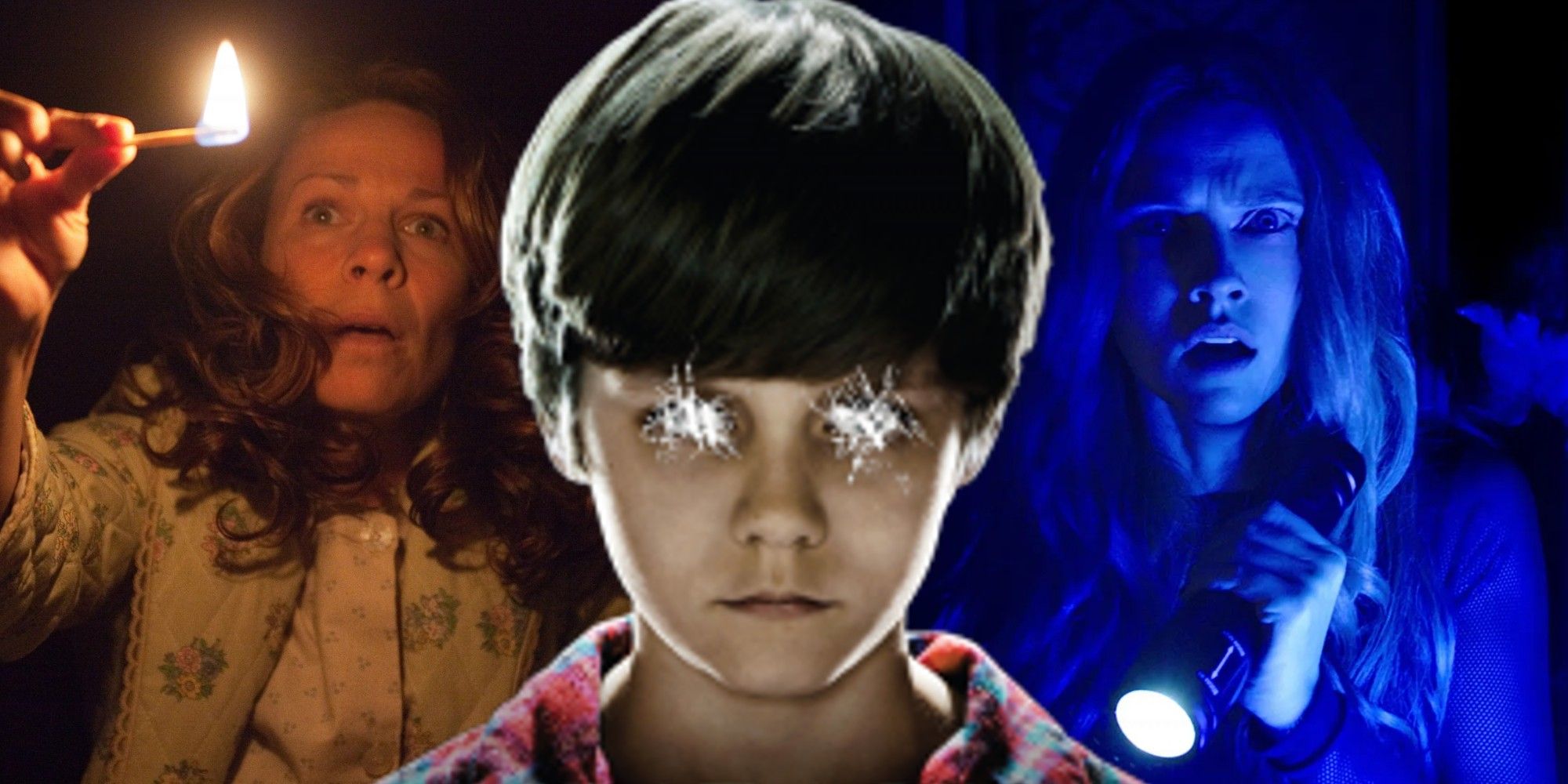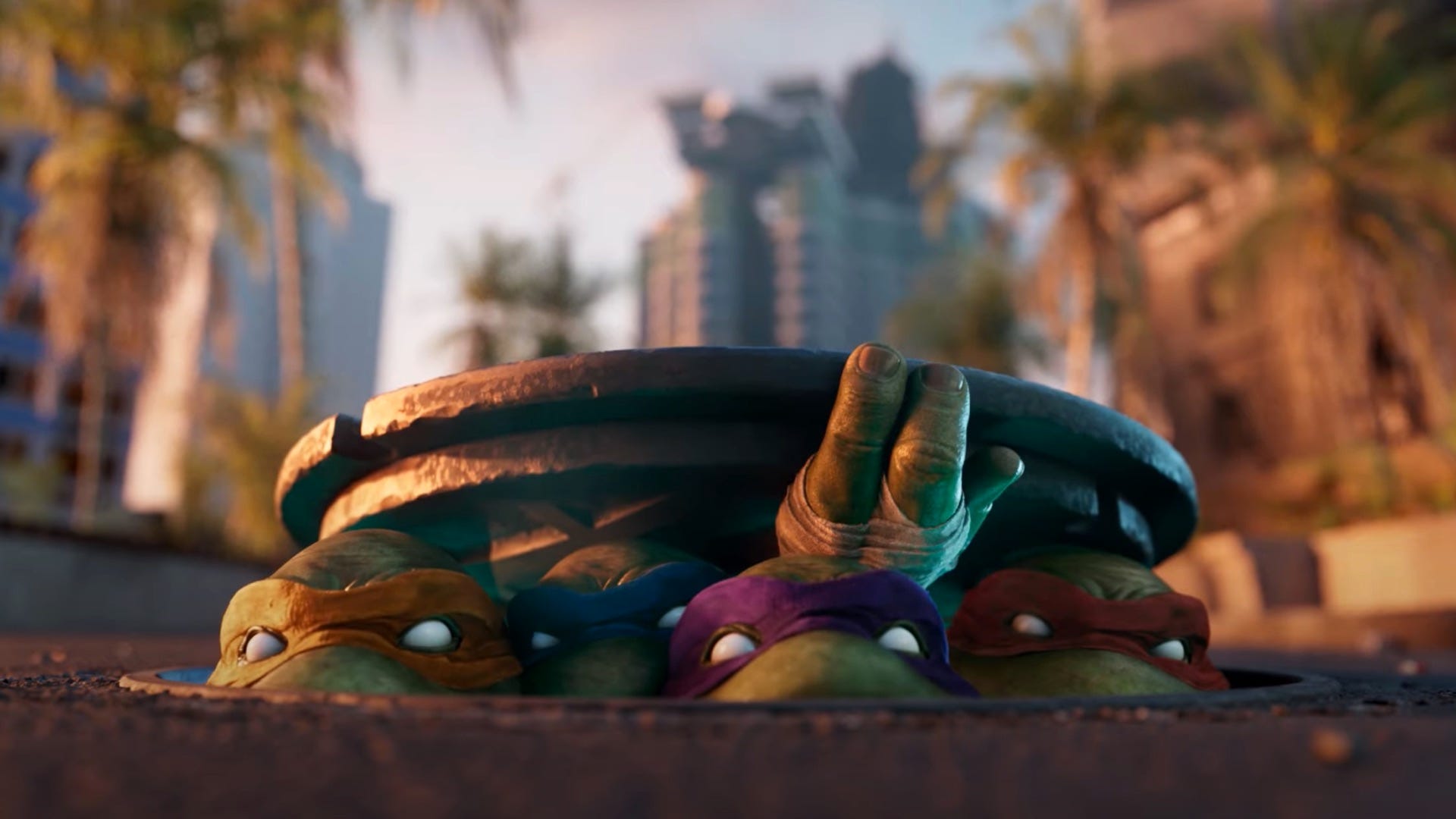In 2008, with the Second Gulf War ongoing, HBO aired the miniseries Generation Kill, based on the book written by Rolling Stone correspondent Evan Wright following his time embedded with a group of US Marines during the invasion of Iraq five years previous. The series, which starred Alexander Skarsgård and James Ransone among its ensemble cast, was well-received critically but mostly forgotten, airing during the Golden Age of television dominated by Lost, Mad Men and Breaking Bad. Perhaps the visceral, hypermasculine world of Generation Kill – in which young men tossed slurs back and forth at each other, detailed their bodily functions like small children and referred to Iraqis almost exclusively in subhuman terms – felt a little too real at the time.
In a review for Slate, Troy Patterson claimed “It plays like it’s been built for antisocial boys – armchair heroes in love with guns and in search of demented adventure.” (The miniseries was directed by Susanna White and Simon Cellan Jones.) Perhaps it’s the gift of hindsight, given what we know now about the Iraq War and the atrocities that took place at every level of command, but it’s hard to agree with Patterson’s suggestion that Generation Kill paints the US Marine Corps as aspirational. It’s eight hours of trial by fire, watching as men – some barely out of their teens – slowly lose the will to live, all while acting out western imperialist orders. Generation Kill came and went. The Second Gulf War lasted until 2011.
For those familiar with Generation Kill, watching Alex Garland and Ray Mendoza’s Warfare might evoke a sense of déjà vu. Like the miniseries, Warfare is based on first-hand accounts (this time from Navy SEALs) who fought in the Iraq War. Mendoza, one of those veterans, met Garland while he was shooting Civil War, acting as an advisor for the film’s climactic White House infiltration scene (through his company, ‘War Office Productions’, Mendoza has also worked on Mark Wahlberg action films Mile 22 and Lone Survivor). Garland was so taken with Mendoza that the pair teamed up following Civil War to make a more visceral project: one based on a disastrous incident in Ramadi in 2006, where several SEALs ended up grievously injured by an enemy IED. Shot within the confines of an Iraqi house that the platoon commandeer as their base of operations, Garland and Mendoza stretch cinematic tension to its limits, creating a violent, ear-splitting war film on the modern front line.
Their ensemble cast comprises a veritable sea of Hollywood hot property – there’s Charles Melton, Will Poulter, Joseph Quinn, Kit Connor, Michael Gandolfini, Noah Centineo, Finn Bennett and Cosmo Jarvis playing the brothers in arms, with D’Pharaoh Woon-A-Tai portraying Mendoza himself – though it’s largely unnecessary to single any one actor out. They move as a unit, or at the very least in pairs, limbs of a great organ of war, but Kit Connor leaves an impression as Tommy, a bright-eyed newbie who gets a very swift reality check. We never learn much about any of the SEALs, which is fine – we don’t have to know them to recognise the gravity and graveness of their situation. (The two Iraqi interpreters in the unit die quickly and violently in the blast.) Like the Marines of Generation Kill, most of them are just kids with guns. Corralled in a bedroom, the unnamed Iraqi family who own the house cower beneath the Americans’ gaze.

This is the reality of war, at least as Mendoza and his comrades remember it, filtered through 20 years of experience and history written by the victors. While it’s understandable that Mendoza and Garland wish to pay tribute to those who served in the Iraq War through highlighting the brutal conditions and unwavering loyalty that is born in the bowels of hell, one wonders what differentiates this film from, say, Black Hawk Down, or Saving Private Ryan, or Hacksaw Ridge, or The Hurt Locker (or Generational Kill!) or any number of impressively mounted war films that seek to recreate harrowing events with impressive technical accuracy and effects (much has been made of Warfare receiving an IMAX release).
The filmmaking is raw and tense, with the young cast suitably disappearing into their roles as anonymous SEALs and the filmmakers seeking to get as close to reality as one can get without projecting literal bodycam footage of a war zone onto a cinema screen. The airfield in Hertfordshire doubling for an Iraqi suburb is dutifully transformed; Warfare is absorbing, certainly, but to what end?
In interviews Garland and Mendoza have remained as vague as possible about politics (as Garland was with Civil War) and claim their main goal with Warfare was achieving authenticity, and it’s hard to argue with the truth, even filtered through 20 years of memory. But what is authentic about a war film without politics? Why are wars fought, if not for politics – particularly this war? It’s possible to mount the argument that politics doesn’t really matter to the soldiers on the front line, but that omission in itself is a political statement. How do young (overwhelmingly working class) men become indoctrinated into the military industrial complex? Doesn’t a film like Warfare – impressively brutal and bloody as it is – functionally reduce combat to a Call of Duty cut scene if it refuses to engage with the why and how of it all?
These are not questions that Garland and Mendoza seem inclined to engage with either on or off-screen, presumably downplaying the political implications lest they alienate either side of the spectrum. The song remains the same: war is hell. At the same time Warfare releases loud and proud, President Trump strips US veterans of their benefits and threatens President Zelenskyy over Ukraine’s future while images of Palestinians blown apart by IDF weapons partially funded by the American and British governments sit on social media next to TikTok dances and Elon Musk memes. The universe expands ever outwards.
ANTICIPATION.
This looks dangerously close to military propaganda.
2
ENJOYMENT.
Compelling and technically accomplished.
4
IN RETROSPECT.
Nastier and colder the more you think about it.
2
Directed by
Alex Garland,
Ray Mendoza
Starring
Charles Melton,
Joseph Quinn,
Cosmo Jarvis,
Kit Connor,
Will Poulter
The post Warfare review – war, what is it good for? appeared first on Little White Lies.











 Bengali (Bangladesh) ·
Bengali (Bangladesh) ·  English (United States) ·
English (United States) ·